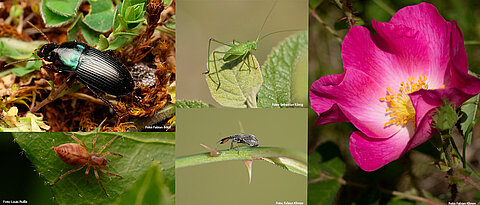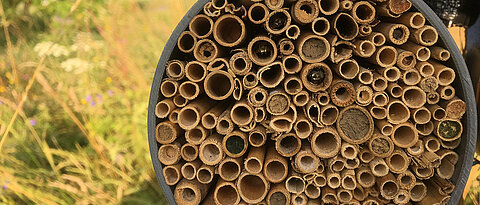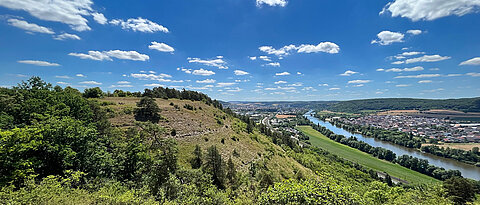Two new ERC Starting Grants approved
09/04/2025
Two researchers from the Würzburg Biocentre have been awarded prestigious grants for their projects: The European Research Council's Starting Grants are worth €1.5 million each.
more























